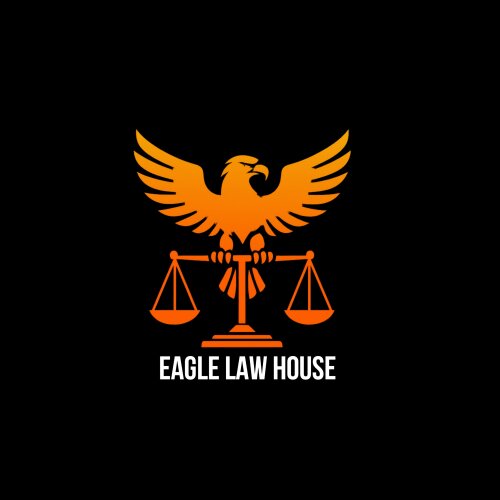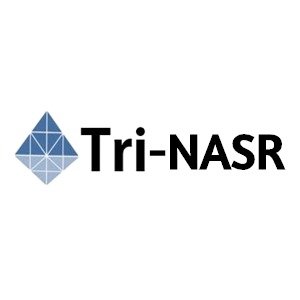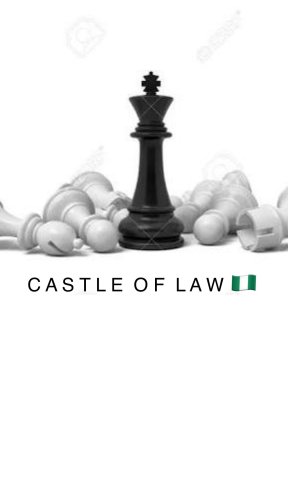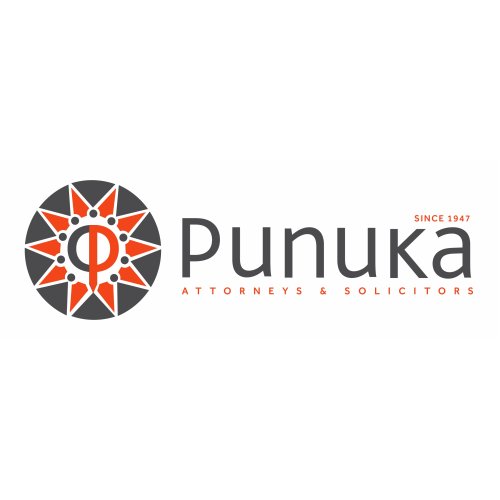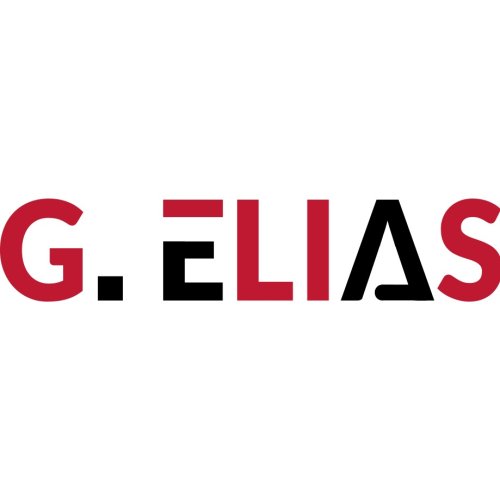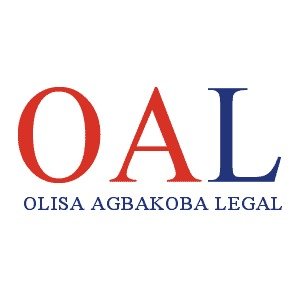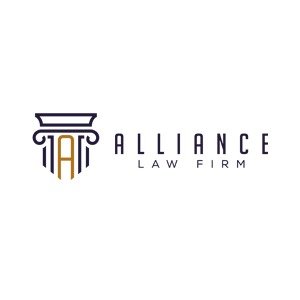Best Sanctions & Export Controls Lawyers in Abuja
Share your needs with us, get contacted by law firms.
Free. Takes 2 min.
List of the best lawyers in Abuja, Nigeria
About Sanctions & Export Controls Law in Abuja, Nigeria
Sanctions and export controls are legal measures used to regulate the movement of goods, services, and technology across Nigeria’s borders, particularly to prevent unlawful transactions or support to targeted countries, groups, or individuals. In Abuja, as the capital and administrative center, these laws are enforced primarily to comply with Nigeria’s international obligations and to maintain national security. Sanctions may authorize or require the freezing of assets and restrict certain trades, while export controls specify goods and technologies that cannot be exported without proper authorization. For anyone involved in international business or import-export activities, understanding these laws is essential to avoid severe penalties.
Why You May Need a Lawyer
Sanctions and export controls law is complex and constantly evolving, especially as Nigeria adapts to global standards and international agreements. Common situations where legal support is critical include:
- If your business deals with the import or export of sensitive goods such as technology, weapons, or dual-use items
- If you receive a government investigation or enforcement notice regarding suspected violation of export controls or sanctions
- If you plan to engage in transactions with partners or companies in countries subject to Nigerian or international sanctions
- If regulators have frozen your assets or blocked transactions
- If you need to apply for an export license or understand which goods require one
- If your company is expanding into new markets and wants to implement compliance programs
- If you need due diligence on third parties in your supply chain
A lawyer who understands local and international sanction regimes will help you interpret regulations, manage risks, and represent you before authorities if issues arise.
Local Laws Overview
In Abuja and across Nigeria, sanctions and export controls are shaped by a combination of Nigerian statutes and Nigeria’s international commitments, including agreements with the United Nations, African Union, and regional bodies. The most relevant local laws include:
- The Nigerian Export Prohibition Act, which lists goods prohibited from export without government approval
- The Money Laundering (Prohibition) Act, which aims to prevent the movement of illegal funds, especially related to sanctioned entities
- The Central Bank of Nigeria (CBN) foreign exchange and remittance policies, which impact transactions in foreign currency
- The Terrorism (Prevention) Act, which restricts transactions with certain groups and individuals
- Customs and Excise regulations governing the licensing and inspection of exports
- Presidential executive orders and circulars restricting or controlling certain trades, based on changing international mandates
Nigeria’s authorities such as the Central Bank of Nigeria, Nigeria Customs Service, and the Nigerian Financial Intelligence Unit are all critical for enforcement and compliance.
Frequently Asked Questions
What are sanctions?
Sanctions are legal restrictions or penalties enacted by governments or international organizations to influence the behavior of countries, entities, or individuals, often for national security or foreign policy reasons. They may include asset freezes or trade restrictions.
Who is subject to export controls in Abuja, Nigeria?
Any individual or business involved in the export of goods, technology, or services from Nigeria must comply with export controls. This applies even if you are only indirectly involved through finance or logistics.
What goods are commonly restricted or controlled?
Commonly restricted goods include arms and ammunition, dual-use technology, endangered species, certain chemicals, and artefacts. The list can change, and you should consult the Nigerian Export Prohibition Act and Customs regulations.
How do I know if my business partner is on a sanctions list?
You can check official government lists, both Nigerian and international, or work with a lawyer to conduct due diligence and screening for restricted parties.
What penalties apply for violating export control or sanctions laws?
Penalties range from heavy fines and seizure of goods to imprisonment and loss of trade licenses. The severity depends on the nature of the violation and whether it was intentional.
Do I need a license to export goods from Nigeria?
For many goods, yes. Export licenses are required for items on the controlled or prohibited lists. The process is managed by regulatory agencies such as Nigeria Customs Service and other relevant bodies.
Can sanctions affect my personal bank accounts?
If you are named on a sanctions list, or engage with sanctioned individuals or entities, your personal or business assets can be frozen or blocked by banks in line with regulatory directives.
Can foreign companies be prosecuted for violations in Nigeria?
Yes, any company or person conducting business in Nigeria or dealing with Nigerian goods must comply with Nigerian sanctions and export controls. Violations can lead to enforcement actions in Nigeria.
What should I do if I receive a compliance notice?
Promptly consult a specialist lawyer before responding. Timely and informed legal advice is crucial to protect your interests and ensure cooperation with authorities.
Are Nigerian export control laws the same as international laws?
While Nigeria aligns its regulations with international frameworks, there may be important differences. The local laws apply within Nigeria and must be followed even if international terms seem different.
Additional Resources
There are several governmental bodies and organizations that provide advice, guidelines, and updates on sanctions and export controls in Nigeria:
- Nigeria Customs Service - for regulations on import and export licensing
- Central Bank of Nigeria (CBN) - for foreign exchange controls and financial regulations
- Nigerian Export Promotion Council (NEPC) - for support on legal export procedures
- Nigerian Financial Intelligence Unit (NFIU) - for monitoring suspicious financial activity
- Federal Ministry of Justice - for updates on new laws and international agreements
- United Nations Office in Nigeria - for information on multilateral sanctions lists
- Certified trade law and compliance consultants located in Abuja
Next Steps
If you believe you may be affected by Nigerian sanctions or export control laws, or you have received a notice from authorities, you should take the following steps:
- Gather all relevant documents, including contracts, notices, and correspondence
- Contact a qualified lawyer in Abuja with expertise in sanctions and export controls law
- Request a detailed assessment of your business model, transactions, and counter-parties
- Implement or review compliance programs within your company to prevent future violations
- Stay updated on regulatory changes from Nigerian and international authorities
- Follow your lawyer’s advice on communicating with regulatory bodies or responding to formal queries
Expert legal guidance is the best way to protect your interests, ensure compliance, and resolve any issues with minimal risk.
Lawzana helps you find the best lawyers and law firms in Abuja through a curated and pre-screened list of qualified legal professionals. Our platform offers rankings and detailed profiles of attorneys and law firms, allowing you to compare based on practice areas, including Sanctions & Export Controls, experience, and client feedback.
Each profile includes a description of the firm's areas of practice, client reviews, team members and partners, year of establishment, spoken languages, office locations, contact information, social media presence, and any published articles or resources. Most firms on our platform speak English and are experienced in both local and international legal matters.
Get a quote from top-rated law firms in Abuja, Nigeria — quickly, securely, and without unnecessary hassle.
Disclaimer:
The information provided on this page is for general informational purposes only and does not constitute legal advice. While we strive to ensure the accuracy and relevance of the content, legal information may change over time, and interpretations of the law can vary. You should always consult with a qualified legal professional for advice specific to your situation.
We disclaim all liability for actions taken or not taken based on the content of this page. If you believe any information is incorrect or outdated, please contact us, and we will review and update it where appropriate.




